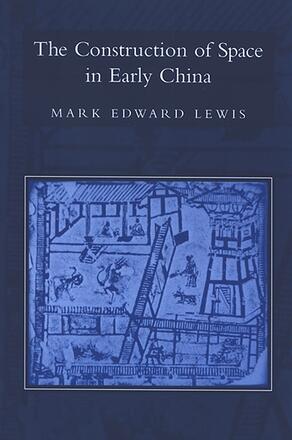
The Construction of Space in Early China
Alternative formats available from:
Shows how the emerging Chinese empire purposely reconceived but was also constrained by basic spatial units such as the body, the household, the region, and the world.
Description
This book examines the formation of the Chinese empire through its reorganization and reinterpretation of its basic spatial units: the human body, the household, the city, the region, and the world. The central theme of the book is the way all these forms of ordered space were reshaped by the project of unification and how, at the same time, that unification was constrained and limited by the necessary survival of the units on which it was based. Consequently, as Mark Edward Lewis shows, each level of spatial organization could achieve order and meaning only within an encompassing, superior whole: the body within the household, the household within the lineage and state, the city within the region, and the region within the world empire, while each level still contained within itself the smaller units from which it was formed. The unity that was the empire's highest goal avoided collapse back into the original chaos of nondistinction only by preserving within itself the very divisions on the basis of family or region that it claimed to transcend.
Mark Edward Lewis is Kwoh-ting Li Professor of Chinese Culture at Stanford University and the author of Writing and Authority in Early China, also published by SUNY Press.